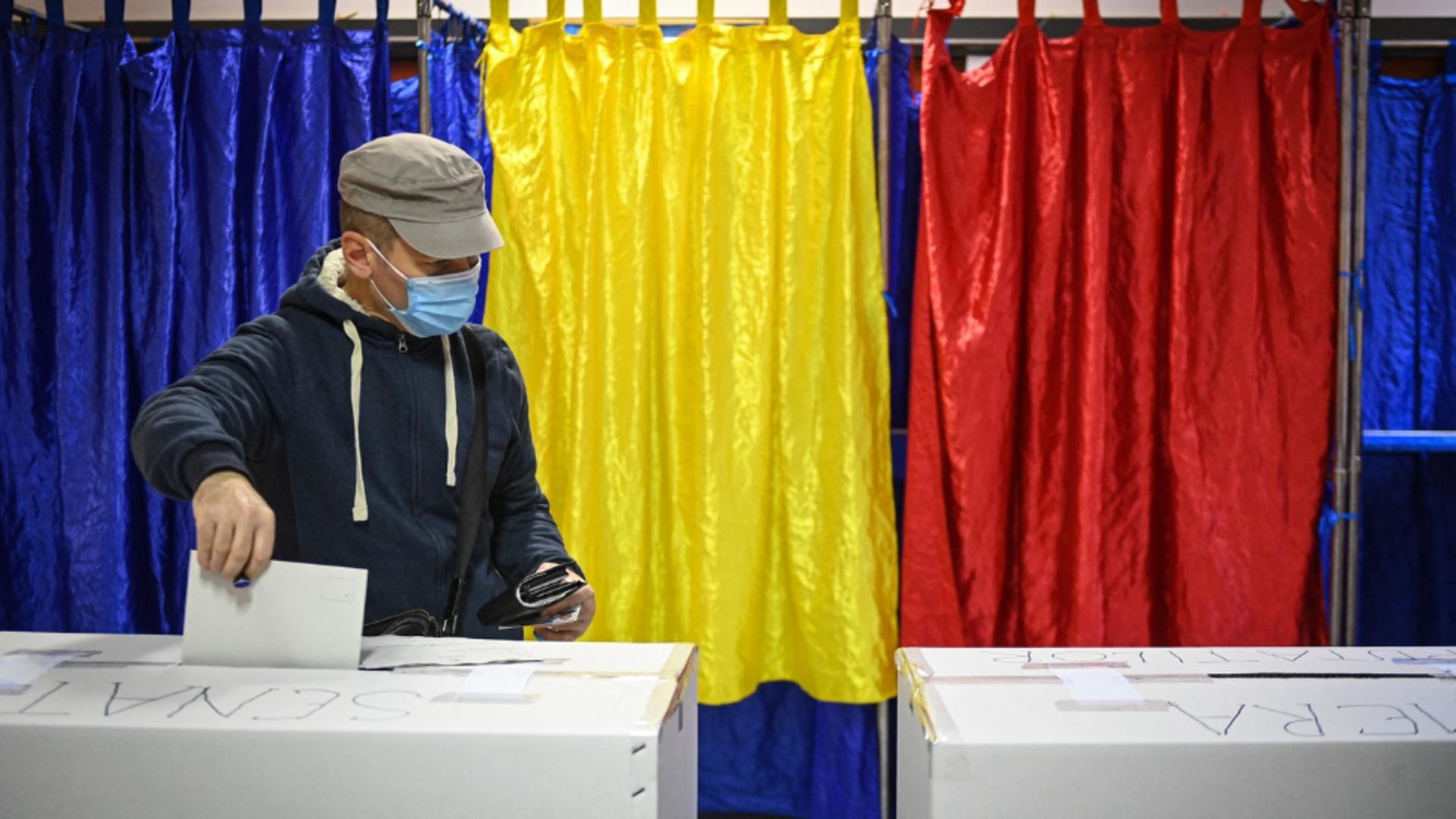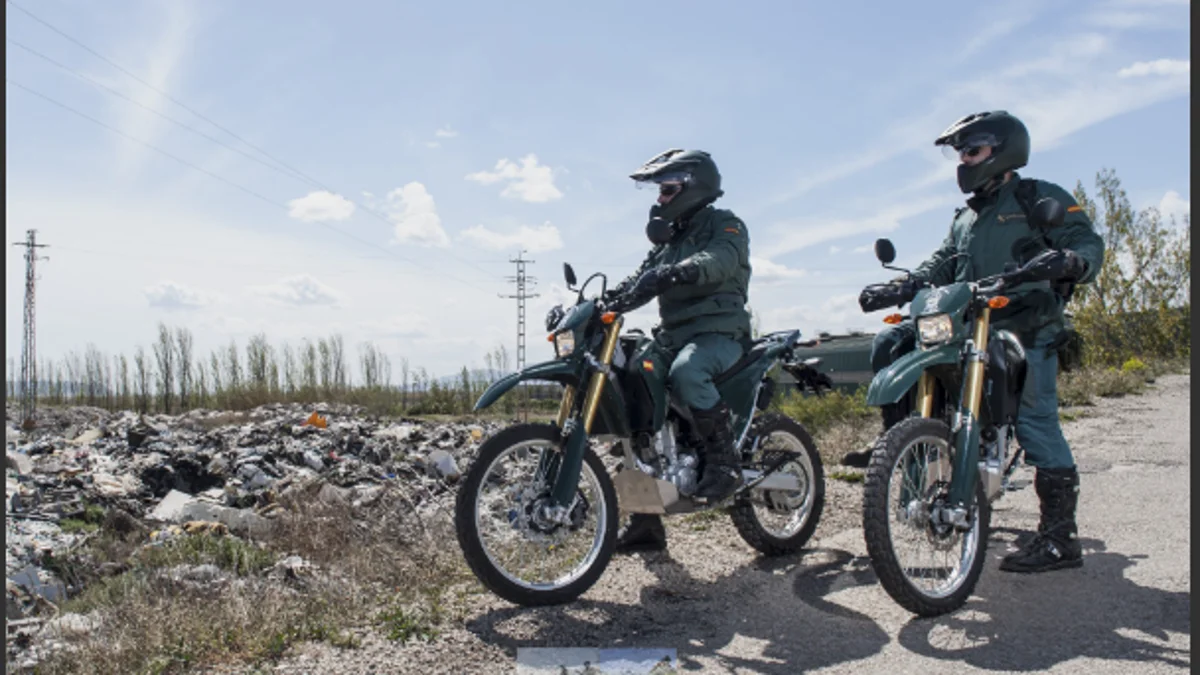Energy Policy Group (EPG) and WWF-Romania (World Wide Fund for Nature) announce the official launch of the RENewLand project, through which they aim to bring to the attention of the authorities a model of an intersectoral and multidisciplinary approach for the designation of areas suitable for the acceleration of onshore wind and solar energy in Romania, Bulgaria and Hungary.
Europe is at a crucial moment in terms of meeting the ambitious renewable energy goals set by the REPowerEU initiative – diversifying energy production sources, reducing energy consumption, accelerating the transition to green energy. For the legislative support of the green transition, the European Union adopted amendments to the Renewable Energy Directive (RED III) which establish obligations at the level of the member states for the mapping of the potential related to all renewable sources (until May 21, 2025) and the designation (until February 21, 2026 ) of acceleration zones for investments in renewable energy.
With the adoption of the new Energy Law in 2023, Romania has simplified the authorization procedures for wind and solar energy projects. The European Union has allocated non-reimbursable financial support to Romania to contribute to the implementation of key measures and investments in REPowerEU. The National Recovery and Resilience Plan of Romania (Component 16) foresees the creation of the legal framework for the use of non-productive/degraded land owned by the state as areas to accelerate investments from renewable sources, for the purpose of green energy production and the creation of a unique national register of acceleration zones. However, the revised National Energy and Climate Change Plan (PNIESC) provides insufficient measures to achieve the objectives assumed at the European level.
“Progress in the renewable energy sector and the decarbonisation of the economy should not come at the expense of nature and local communities. It is important to ensure that the designation of acceleration zones for renewable energy is achieved without having a negative impact on biodiversity and adjacent local communities. In this sense, it is necessary to facilitate the dialogue between several interested parties among environmental, energy, economic and territorial planning experts on the one hand, and national authorities on the other. We will propose a set of principles and a methodology for identifying and designating acceleration zones for onshore renewable energy from solar and wind sources that we will test in pilot areas in each of the 3 countries,” a release from the EPG reads.
The RENewLand project runs from November 1, 2023 to December 31, 2025 and is implemented by the Energy Policy Group Romania, the Center for Energy Research in Hungary, and the WWF offices in Romania, Hungary and Bulgaria. The project is co-financed by the European Climate Initiative (EUKI). EUKI is a project funding instrument of the German Federal Ministry for the Environment, Nature Conservation and Nuclear Safety (BMU).





